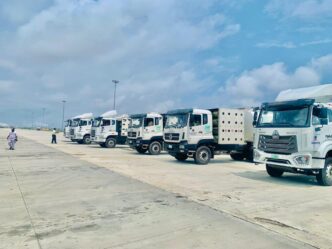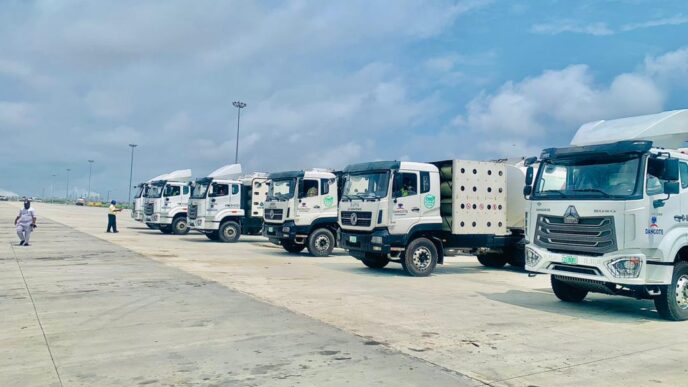Licensed forex traders have disclosed that International Money Transfer Operators (IMTOs) are no longer diverting diaspora remittances outside the official market.
Gatekeepers News reports that they explained that the removal of profit margins in such transactions has eliminated the incentive for diversion.
The traders said this development, combined with increased oil dollar inflows, greater investor confidence, and stronger diaspora remittances, has supported the naira’s recent stability.
They also highlighted that speculative trading and hoarding have reduced significantly, as the gap between official and parallel market rates has almost disappeared.
President of Association of Bureau De Change Operators of Nigeria (ABCON), Aminu Gwadebe, described the market outlook as positive.
He said, “Well, the driving factors look still good. So for me, I think it’s going to continue to be stable. Because the driving factors favoring stability are still strong in terms of confidence, in terms of oil proceeds, diaspora
remittances, so all these things, and then confidence, most especially.”
“You know, with the willing buyer, willing seller, I think the market is open, so it’s attracting even the IMTO proceeds.”
“Gone are the days when you see a margin of N50, N100, between the official and the unofficial market. So that margin is almost not there.”
“Sometimes you even see the parallel market lower than the official market. So, a lot of speculative and hoarding activities have really reduced. Because there is not any profit. There is not any reason for you to do that.”
However, some operators maintain that certain IMTOs may still be diverting a portion of their forex inflows to unofficial channels. They argue that while reforms have improved compliance, volumes remain below expectations.
Other traders pointed out that the Central Bank of Nigeria (CBN) has become more active in supplying the market, while oil companies have increased dollar sales, further boosting liquidity.
They stressed that sustaining the naira’s performance will depend on consistent inflows from oil and diaspora remittances, as well as disciplined management of supply.










